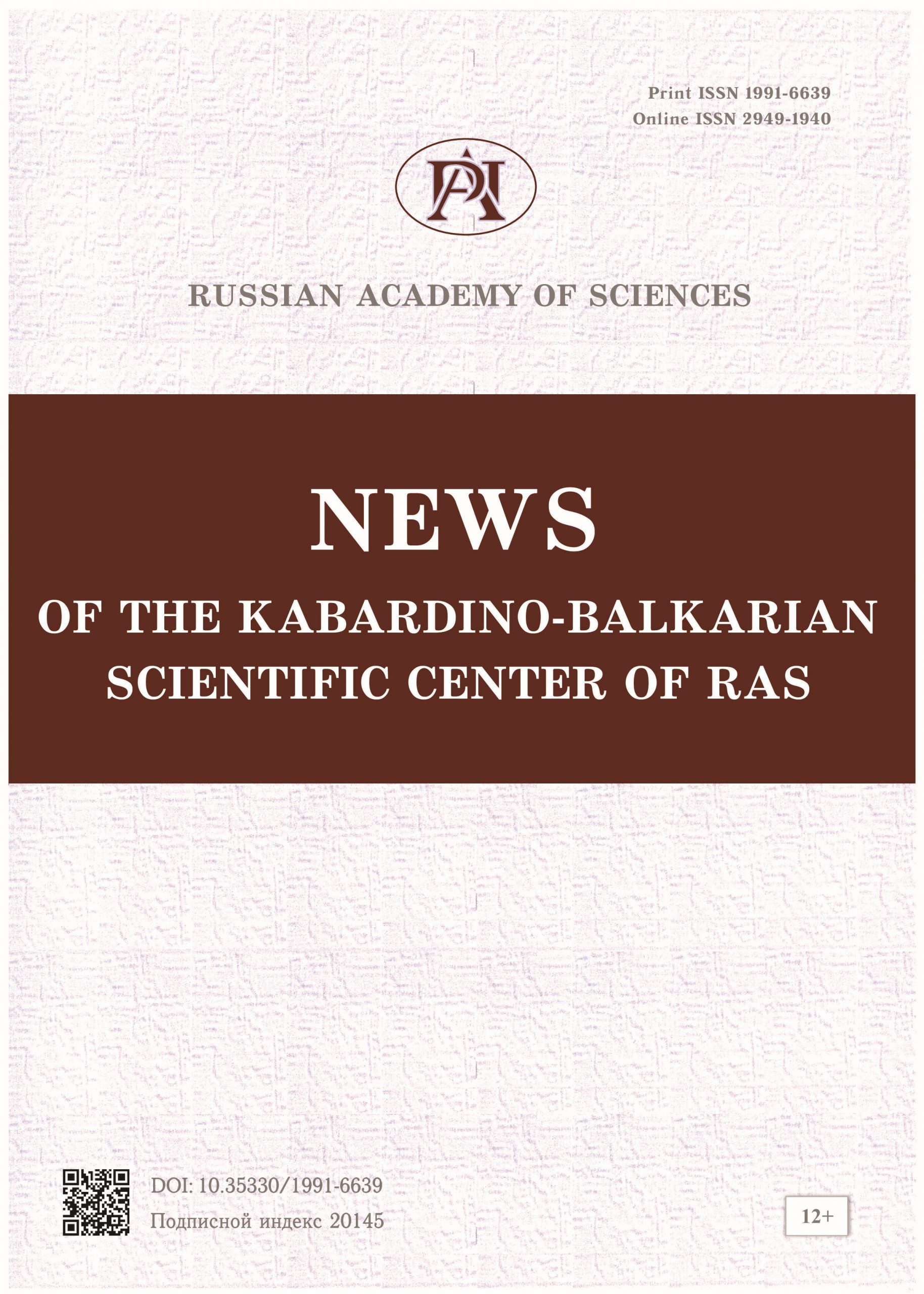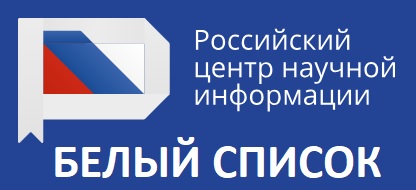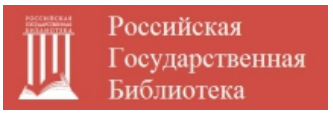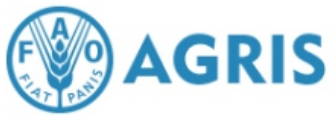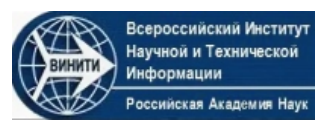Modeling economic security of Russian regions using correlation, PCA and clustering methods
I.A. Kiseleva, A.M. Tramova, R.R. Nikolaenko
Upload the full text
Abstract: In the face of growing economic challenges, assessing the resilience of Russian regions is becoming increasingly important. The aim of this study is to model the level of economic security based on a formalized analysis of key socio-economic indicators. Methods used include correlation analysis, normalization, principal component analysis (PCA), and KMeans clustering. As a result, a typology of eight regions by resilience level was developed, revealing correlations among poverty, unemployment, income, and investment. The study has a practical focus and can support analytical tools for strategic planning and regional risk assessment.
Aim. The main goal of the study is to develop a formalized model for assessing the level of economic security of Russian regions. This involves the structural analysis of interconnected socio-economic indicators reflecting regional development and the subsequent classification of territories according to their stability and vulnerability levels.
Methods. The methodology combines several analytical techniques for multidimensional data processing. Pearson correlation analysis is used to explore interdependencies among variables, followed by normalization procedures and principal component analysis (PCA) to reduce data dimensionality while preserving key information. Finally, KMeans clustering is applied to classify regions into homogeneous groups based on structural similarities.
Results. Based on official statistical data for 2022, a classification of eight regions of the Russian Federation was carried out according to the level of economic stability, and stable interdependencies between socio-economic indicators were identified. The study included the selection and justification of indicators that reflect the state of regional resilience, the construction of a correlation matrix to explore relationships between variables, dimensionality reduction using principal component analysis (PCA), and clustering of the Russian regions using the KMeans algorithm to form a typology based on economic security levels. The results were interpreted with regard to the structure of the data, enabling conclusions about the resilience and development profiles of the analyzed regions.
Conclusions. The results of the study are of high practical significance and can be applied in the development of differentiated regional socio-economic policies, as well as in strategic planning and decision-making under macroeconomic uncertainty. The constructed clustering model accounts for structural differences across regions, while the identified relationships between indicators contribute to building more accurate forecasts of regional resilience. The methodological approach used in this research can be scaled to larger groups of regions and adapted for different time frames to monitor changes in economic sustainability over time.
Keywords: economic security, Russian regions, clustering, correlation analysis, principal component analysis, socio-economic indicators, modeling, data analysis, PCA
For citation. Kiseleva I.A., Tramova A.M., Nikolaenko R.R. Modeling economic security of Russian regions using orrelation, PCA and clustering methods. News of the Kabardino-Balkarian Scientific Center of RAS. 2025. Vol. 27. No. 4. Pp. 124–135. DOI: 10.35330/1991-6639-2025-27-4-124-135
References
- Topol G.G. Implementation of artificial intelligence technologies in the economic security of the Belgorod region. In: Spatial Development of Territories: Proceedings of the 7th International Scientific and Practical Conference, Belgorod, November 28, 2024 (Pp. 118–122). Belgorod: Belgorod State National Research University. EDN: CDIXRC. (In Russian)
- Mambetova F.A., Fakov A.M. Ensuring regional economic security under globalization: issues and prospects. Economic Problems and Legal Practice. 2019. Vol. 15. No. 5. Pp. 60–62. EDN: VQEECG. (In Russian)
- Lobanov A.V. Methodological aspects of assessing the economic security of a region. Regional Economy and Management: Electronic Scientific Journal. 2023. No. 3(75). Article ID: 18. EDN: MPNQYK. (In Russian)
- Novopashina A.A., Vinokurov D.A. Artificial intelligence system in the context of ensuring regional economic security. In: Topical Issues of Regional Socio-Economic Development: Abstracts of the VI Republican Scientific and Practical Conference, Alchevsk, May 23, 2024. Pp. 338–340. Alchevsk: Donbasskiy gosudarstvennyy tekhnicheskiy universitet. EDN: IFYMKQ. (In Russian)
- Kuznetsov V.P., Letyagina E.N., Perova V.I. Artificial intelligence in the analysis of human capital as a basis for economic security of the regions of the Russian Federation. The Economy under Guard. No. 3(26). Pp. 37–47. DOI: 10.36511/2588-0071-2023-3-37-47. EDN: MLSTZM. (In Russian)
- Pisarev I.V. Theoretical and methodological foundations for studying the impact of digital transformation of the economy and artificial intelligence technologies on the economic security of the region. In Prospekt Svobodny – 2022: Proceedings of the XVIII International Conference of Students, Postgraduates and Young Scientists, Krasnoyarsk, April 25–30, 2022. Pp. 2883–2887. Krasnoyarsk: Sibirskiy federal’nyy universitet [Electronic resource]. EDN: IWCXPB. (In Russian)
- Bakumenko M.A., Titarenko D.V. Image aspects of economic and information security of an organization and a region. In Strategic Management of the Development of Information Security in Socio-Economic Systems Based on Smart Technologies: Monograph. Pp. 341–385. Simferopol: Krymskiy federal’nyy universitet im. V. I. Vernadskogo, EDN: DTLYJJ. (In Russian)
- Sukhodoev D.V. Specifics of the use of intellectual capital in public institutions of the EAEU countries to enhance economic security. In current issues in the development of the EAEU under modern global changes: Proceedings of the All-Russian Scientific and Practical Conference, Irkutsk, December 21, 2023. Pp. 145–149. Irkutsk: Baykal’skiy gosudarstvennyy universitet. EDN: HCLQPP. (In Russian)
- Letyagina E.N., Orlova E.A., Perova V.I. Artificial intelligence in the analysis of managing the innovative socio-economic development of Russian regions. In Topical Issues of Management: Collection of Scientific Articles Based on the Results of the 10th Anniversary All-Russian Scientific and Practical Conference, Nizhny Novgorod, October 24, 2023. Pp. 626–630. Nizhny Novgorod: Nizhegorodskiy gosudarstvennyy universitet im. N. I. Lobachevskogo. EDN: KDSWNJ. (In Russian)
- Ryazanova O.V., Timin A.A. Assessment of socio-economic security of the region in terms of demographic indicators. E3S Web of Conferences. 2023. Vol. 389. Article ID 09043. DOI: 10.1051/e3sconf/202338909043
- Karmanov M.V., Kiseleva I.A., Kuznetsov V.I., Tramova A.M. Topical issues of measuring migration security. News of the Kabardino-Balkarian Scientific Center of RAS. 2023. No. 5(115). Pp. 116–124. DOI: 10.35330/1991-6639-2023-5-115-116-124. (In Russian)
- Mambetova F.A., Nepeeva L.A., Barokov A.A. Prospective directions of regional development. News of the Kabardino-Balkarian Scientific Center of RAS. 2021. No. 4(102). Pp. 62–72. DOI: 10.35330/1991-6639-2021-4-102-62-72. (In Russian)
Information about the authors
Irina A. Kiseleva, Doctor of Economic Sciences, Professor, Professor of the Department of Mathematical Methods in Economics, Plekhanov Russian University of Economics;
115054, Russia, Moscow, 36 Stremyannyy lane;
Professor of the Department of Applied Mathematics, Synergy University;
129090, Russia, Moscow, 9/14, building 1, Meshchanskaya street;
Kia1962@list.ru, ORCID: https://orcid.org/0000-0001-8862-2610, SPIN-code: 4980-7263
Aziza M. Tramova, Doctor of Economic Sciences, Associate Professor, Professor of the Department of Informatics, Plekhanov Russian University of Economics;
115054, Russia, Moscow, 36 Stremyannyy lane;
Professor of the Department of Applied Mathematics, Synergy University;
129090, Russia, Moscow, 9/14, building 1, Meshchanskaya street;
Tramova.am@rea.ru, ORCID: https://orcid.org/0000-0 002-4089-6580, SPIN-code: 8583-3592
Roman R. Nikolaenko, Graduate Student, Synergy University;
129090, Russia, Moscow, 9/14, building 1, Meshchanskaya street;
Romeoaverin@gmail.com, SPIN-code: 7889-8920
